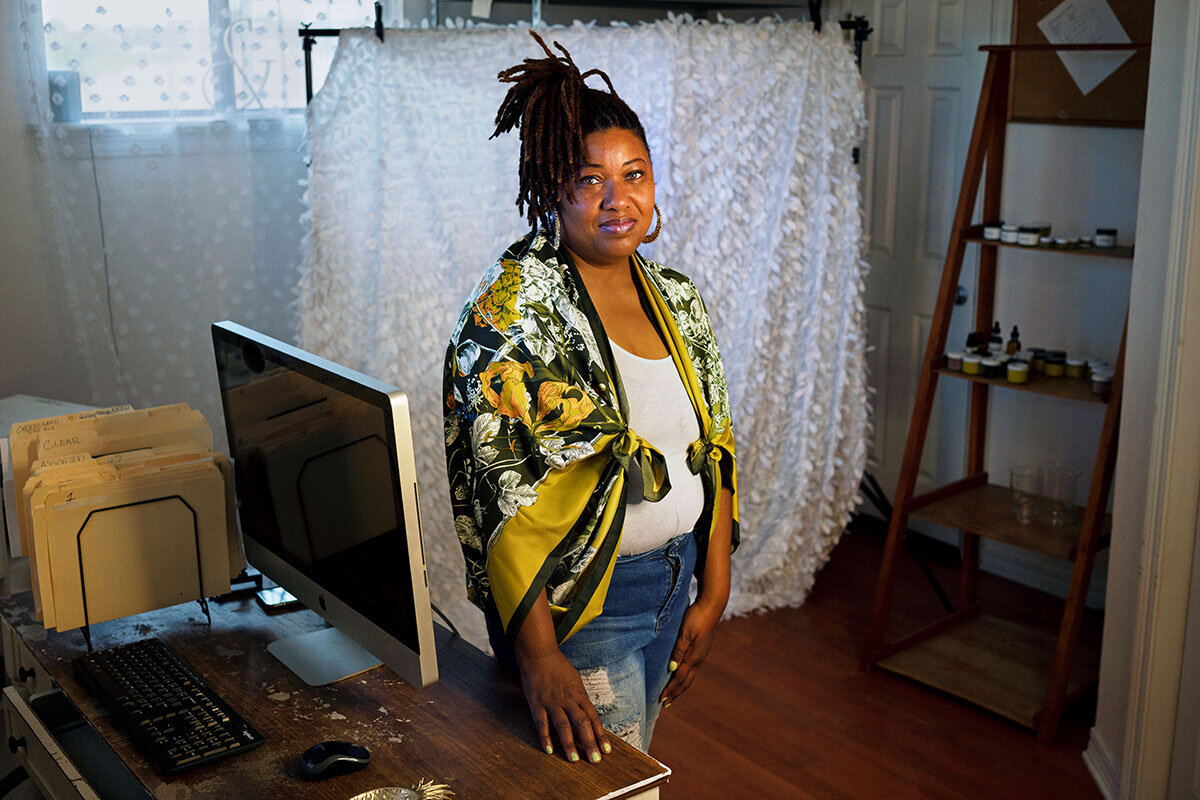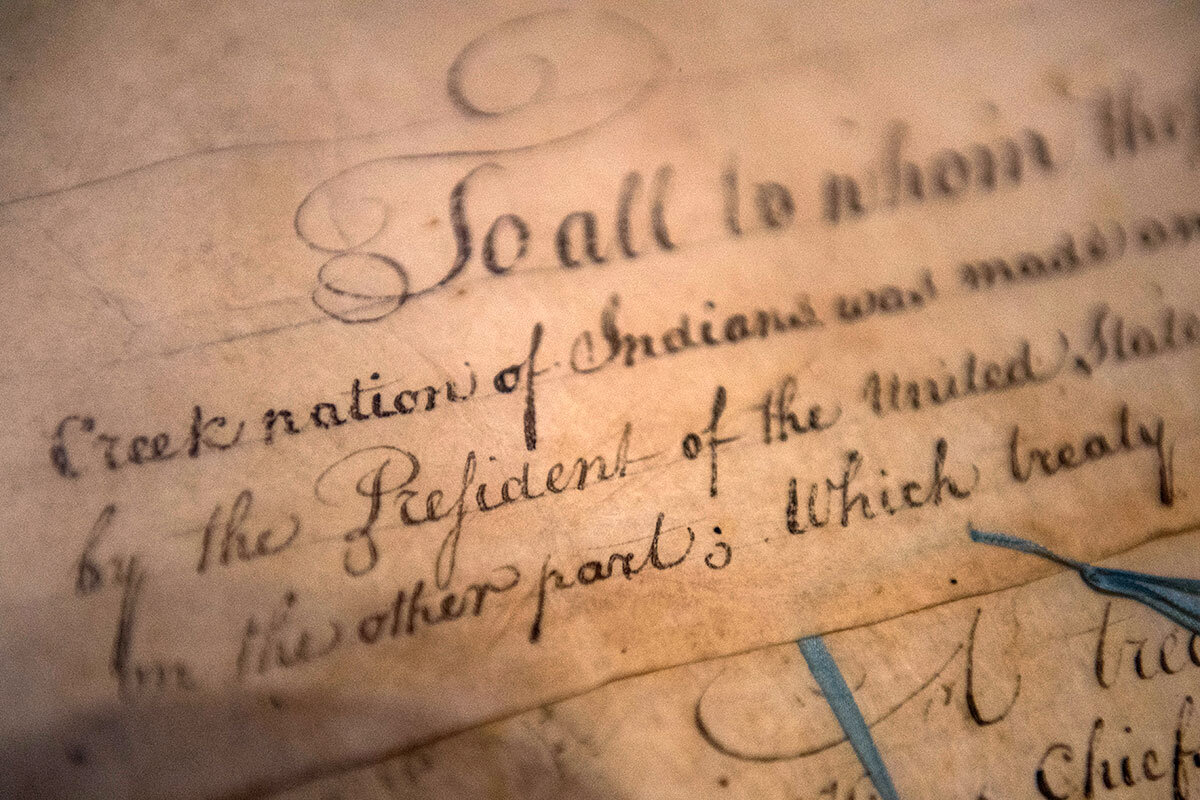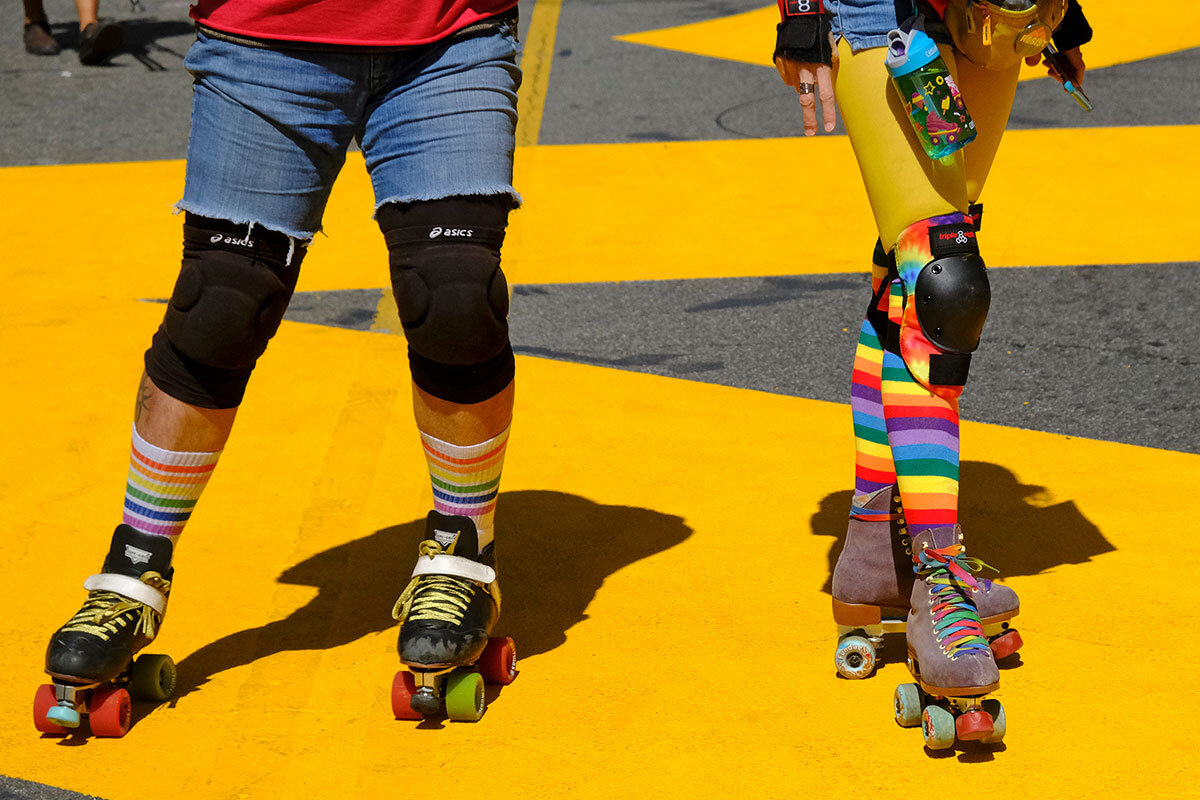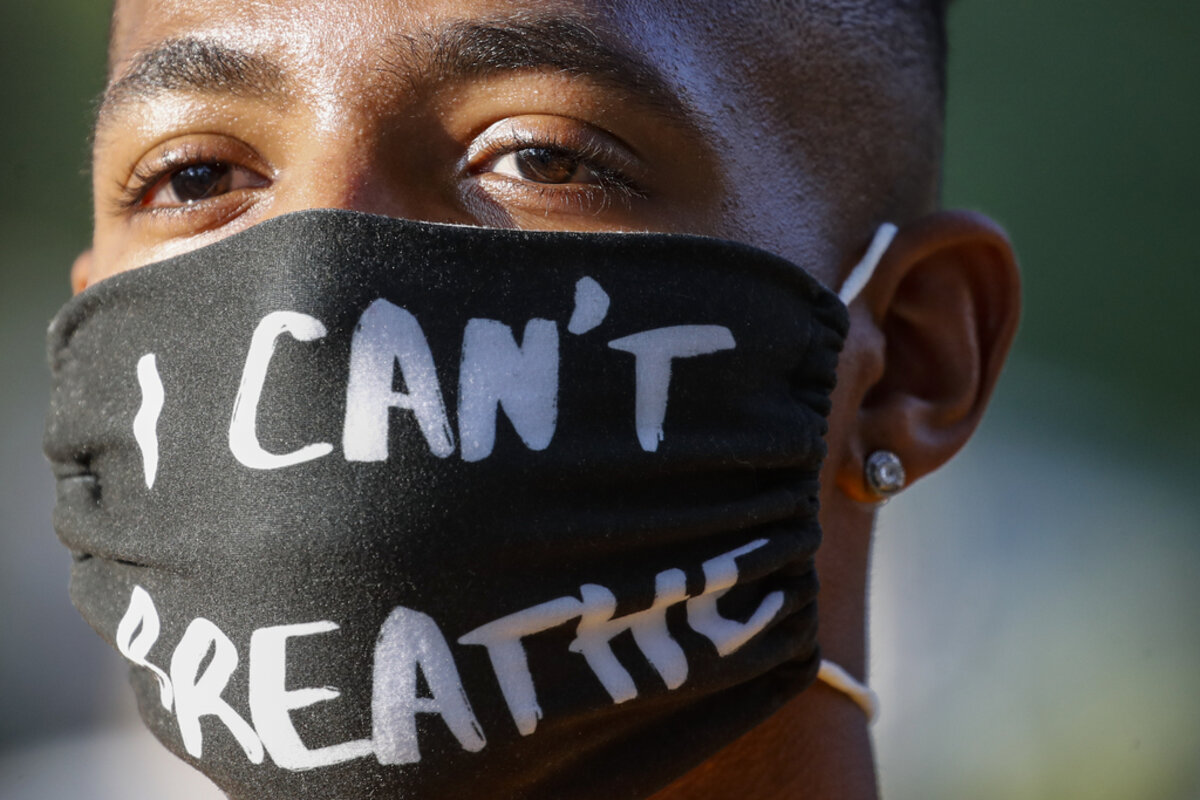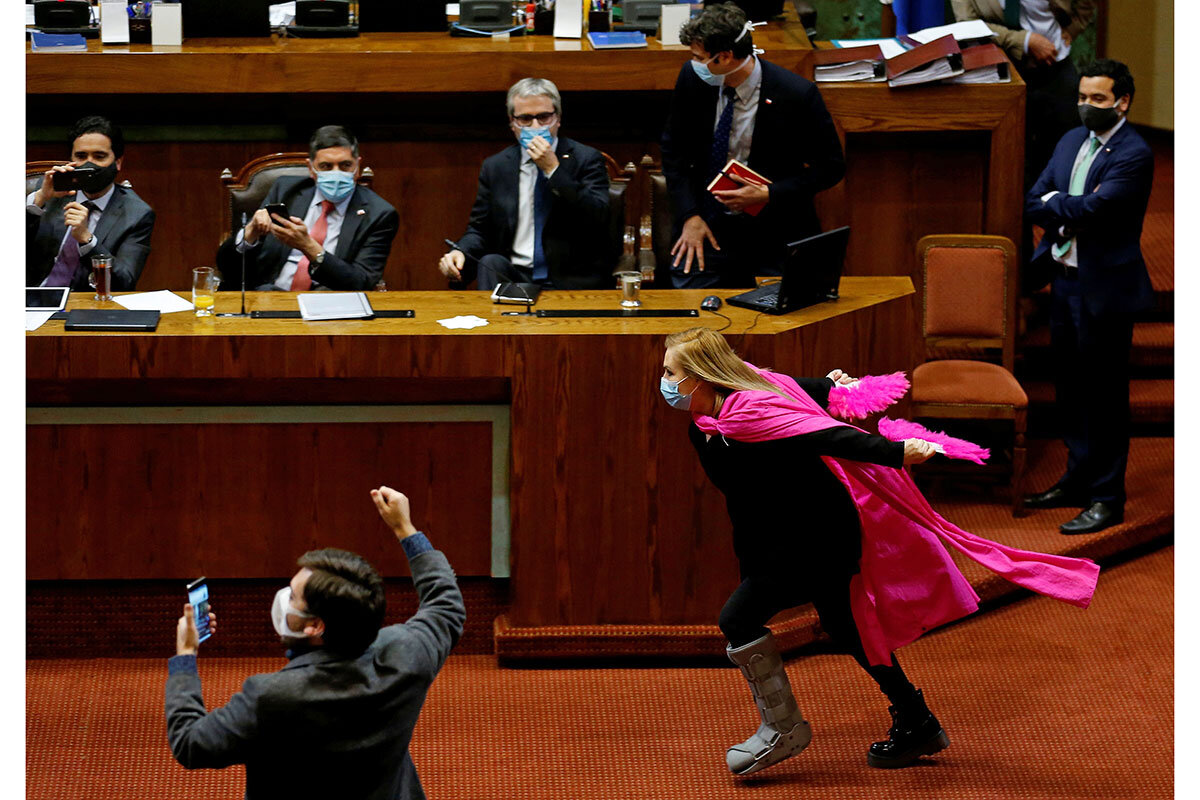No one likes the idea of an economy propped up by emergency support. But, with a rise in coronavirus cases hindering efforts at reopening and revival, pressure is rising on Congress for a new round of aid.
Monitor Daily Podcast
- Follow us:
 Stephen Humphries
Stephen Humphries
Yesterday, Twitter experienced its own version of The Great Pause.
When hackers took over the Twitter accounts of Elon Musk, Bill Gates, Kanye West, Jeff Bezos, Barack Obama, and other luminaries, the social media platform responded by preventing millions of verified users from posting. The account hijackers invited followers to send money to a Bitcoin account in exchange for a handsome return. (If you fell for that, I should introduce you to a Nigerian prince in exile.)
Public figures and celebrities – whose accounts boast a coveted blue check mark – disappeared from Twitter timelines. Ordinary people flooded the online public square to cheer the sudden loss of power by elites.
In my beat as a culture writer, I find Twitter invaluable for tracking ideas trending in thought in real time. But my own Twitter feed looked noticeably different once posts by “normies” filled the vacuum of verified accounts. More humorous memes and photos of cats. Fewer hot takes and less partisan rancor. “What if America got along like #UnverifiedTwitter right now?” tweeted a user with the handle @DanSilverAg.
Algorithms skew the content we see and, with it, our perceptions. Most of Twitter’s 300 million-plus users don’t enjoy the platform visibility of the relatively small number with blue check marks. If 2020 has taught us anything, it’s the importance of listening to the perspectives of regular citizens.






